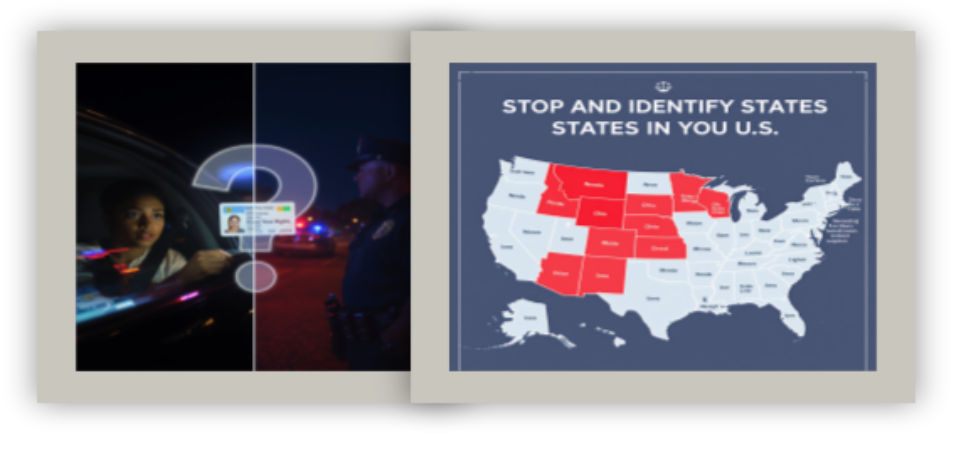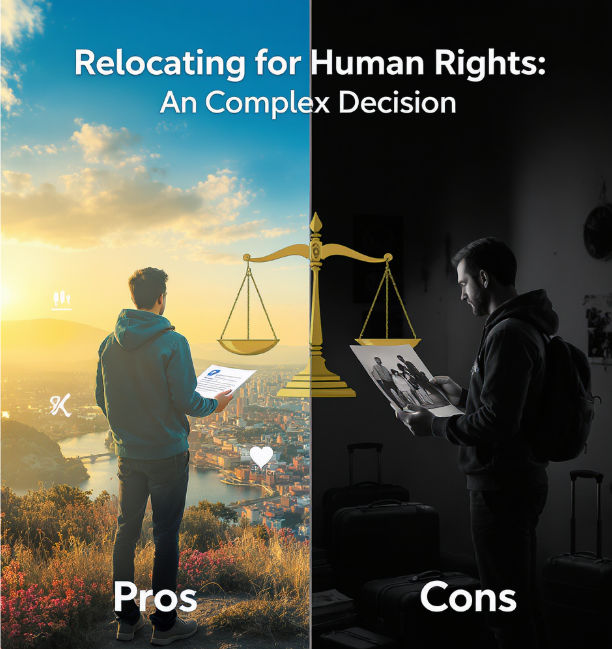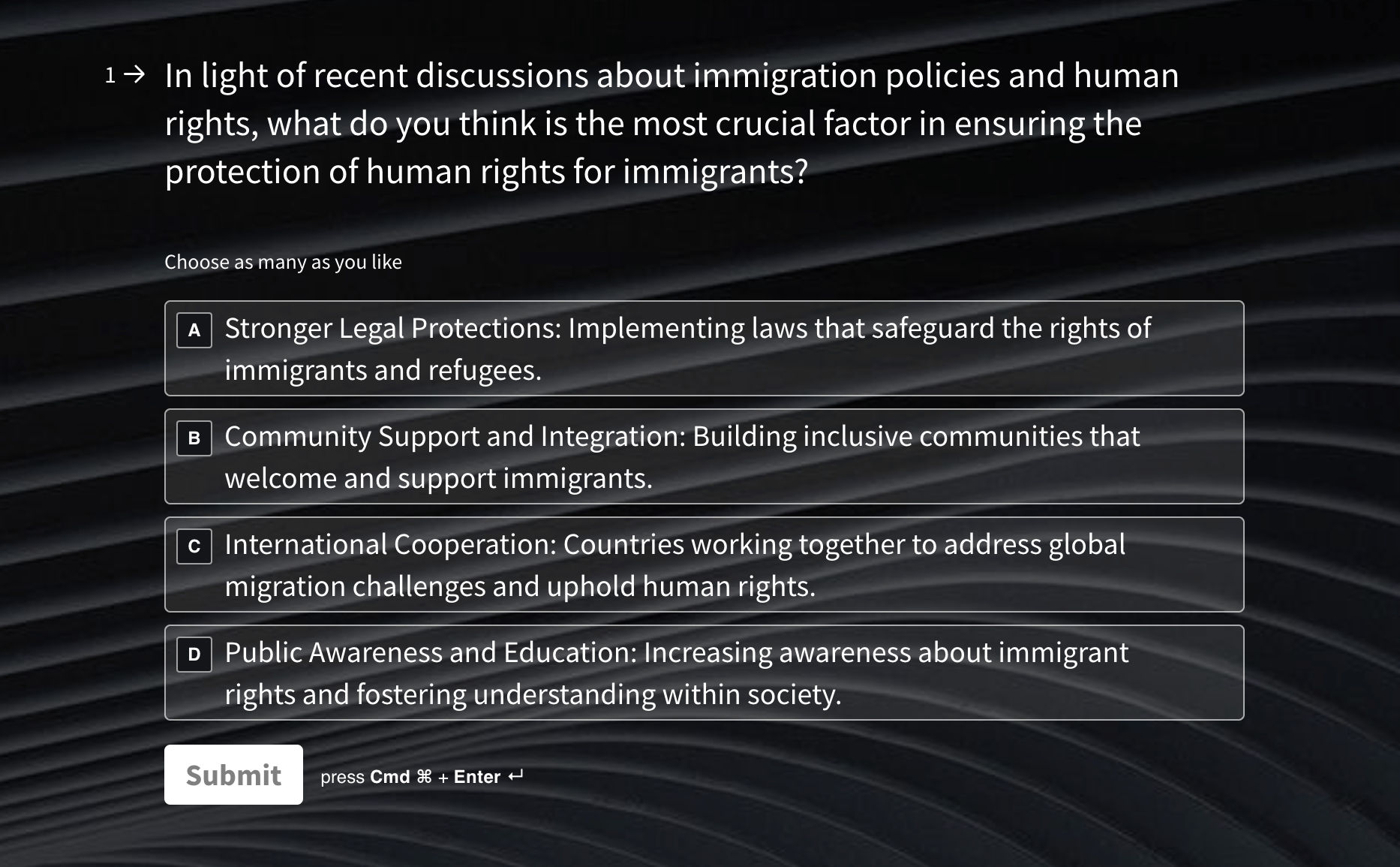CEO Corner: A Beacon of Hope: Mexico's Leadership in Human Rights Amidst Adversity

Claudia Sheinbaum of the National Regeneration Movement (Morena) took office as President of Mexico for a six-year term on 1 October 2024, following her victory in the 2024 general election.
In recent years, U.S.immigration policies have undergone significant shifts, resulting in increased enforcement and restrictions that have a profound impact on migrants. These changes have created a more dangerous environment for those seeking safety and opportunity, affecting families and communities on both sides of the border.
As these policies evolve, the protection of human rights becomes increasingly critical. Migrants often face exploitation and discrimination, making it essential to uphold their dignity and safety. Mexico has emerged as a leader in advocating for human rights, implementing proactive measures to protect migrants and uphold their rights amid the complexities introduced by U.S. policies.
Historically, Mexico has faced its own challenges, but recent reforms, including the establishment of the National Human Rights Commission and the General Law on Discrimination, demonstrate a commitment to fostering an inclusive society. Mexico's collaboration with international organizations further enhances its human rights framework, positioning the country as a key player in regional advocacy.
The impact of U.S. immigration policies on Mexican citizens is profound, creating uncertainty and fear. In response, Mexico has strengthened its immigration framework, providing vital resources such as migrant shelters and legal assistance. Civil society plays a crucial role in this advocacy, mobilizing to support migrants and challenge harmful policies.
Looking ahead, Mexico's leadership in Latin America will be vital in addressing the humanitarian challenges posed by migration. By fostering regional cooperation and engaging with international partners, Mexico can help cultivate a culture of respect for human rights throughout the region.
Mexico's commitment to human rights advocacy is essential in navigating the complexities of U.S. immigration policies. As we champion the cause of human rights, let us recognize the importance of international collaboration in ensuring dignity and justice for all individuals, transcending borders and uplifting the most vulnerable among us.
Call to Action: Embrace Mexico's Example in Global Human Rights Advocacy
In light of Mexico's proactive stance on human rights amid U.S. immigration challenges, we urge countries worldwide to follow this inspiring example by not only adopting human rights policies but also translating them into meaningful actions. This includes strengthening legal frameworks to protect vulnerable populations, fostering international collaboration, empowering civil society organizations, promoting awareness and education, and actively combating discrimination. By uniting in our commitment to human rights, we can create a world where justice, equality, and compassion prevail, ensuring that every individual has the opportunity to live with dignity and security. The time for action is now—let us champion the cause of human rights globally.
.png)
In this Issue:
1. Understanding Your Rights: Do I Have to Show ID During a Police Stop?
2. The Pros and Cons of Relocating for Better Human Rights
3. Global Perspectives: How Other Countries Are Addressing Immigration and Human Rights
4. Voices from the Community: Personal Stories of Immigration and Resilience

_(1).jpg)




